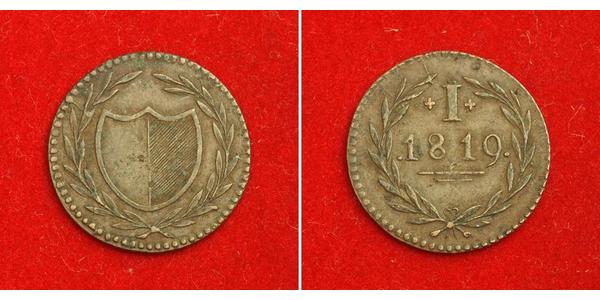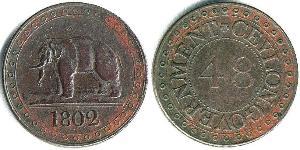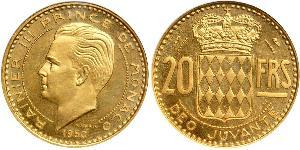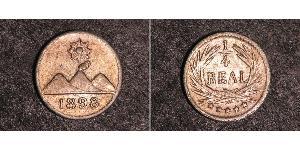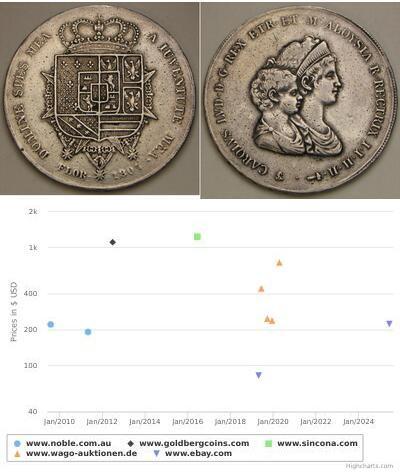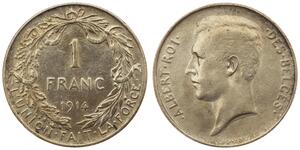(Venduta per $3.0)
1819, Frankfurt (Free City). Scarce "Jewish" Pfennig (Token) Coin. aXF!
Mint Year: 1819
References: KM#Tn6.
Denomination: Pfennig (Judenpfennig = "Jewish Pfennig")
Condition: Minor pitting and light deposits, otherwise about XF!
Mint Place: Uncertain (somewhere in England, probably Birmingham)
Material: Copper
Diameter: 18mm
Weight: 1.28gm
Obverse: Halved coat-of-arms within wreath.
Reverse: Value numeral (*I*), above date (1819). All within wreath.
The so-callend "Jewish" pfennigs were born out of the necessity for small change, which was caused by the napoleonic liberation wars. The actual place of production and the comissioner of these non-official, privately struck tokens is still unknown, the only thing known about them is, that they appeared in large quantities in Frankfurt and its surroundings. They were not popular among traders, but still they were accepted to some basic level and served their cause by circulating as useful small-change coinage. The place of their production is today assumed to be Great Britain, possibly Birmingham. A nice and attractive addition and a great conversation piece!
Frankfurt was one of the most important cities in the Holy Roman Empire. From 855 the German kings and emperors were elected in Frankfurt and crowned in Aachen. From 1562 the kings/emperors were also crowned in Frankfurt, Maximilian II being the first. This tradition ended in 1792, when Franz II was elected. His coronation was deliberately held on Bastille Day, 14 July, the anniversary of the storming of the Bastille. The elections and coronations took place in St. Bartholomäus cathedral, known as the Kaiserdom (en: Emperor's Cathedral), or in its predecessors.
The Frankfurter Messe (Frankfurt Trade Fair) was first mentioned in 1150. In 1240, Emperor Friedrich II granted an Imperial privilege to its visitors, meaning they would be protected by the Empire. Book trade fairs have been held in Frankfurt since 1478.
In 1372 Frankfurt became a Reichsstadt (en:Imperial city), i.e. directly subordinate to the Holy Roman Emperor and not to a regional ruler or a local nobleman.
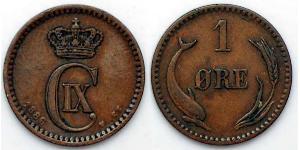
1 Ore Danimarca Cristiano IX di Danimar ...
il gruppo ha 40 monete / 30 prezzi
Add coin to this group
1 Franc Belgio Argento
il gruppo ha 4 monete / 4 prezzi
⇑

